Is Sugar Alcohol Haram?
Exploring the Permissibility of Sugar Alcohols in Islamic Dietary Guidelines
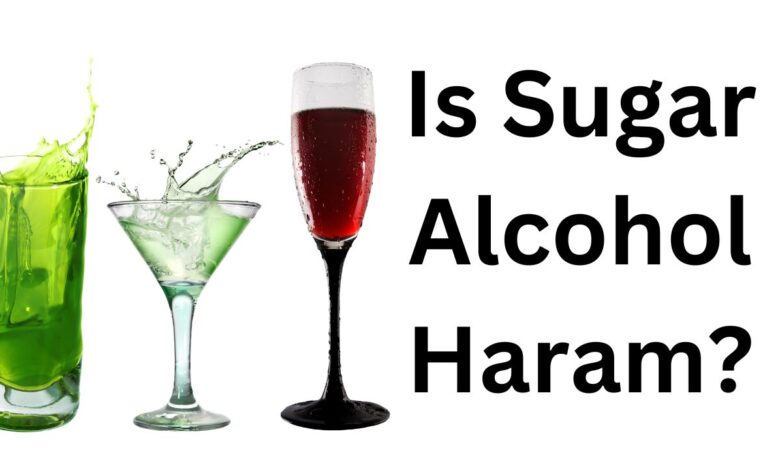
Is Sugar Alcohol Haram?
The halal status depends on the source of the sugar alcohol and the production process. Sugar alcohols derived from halal sources and produced using halal methods are generally considered permissible.
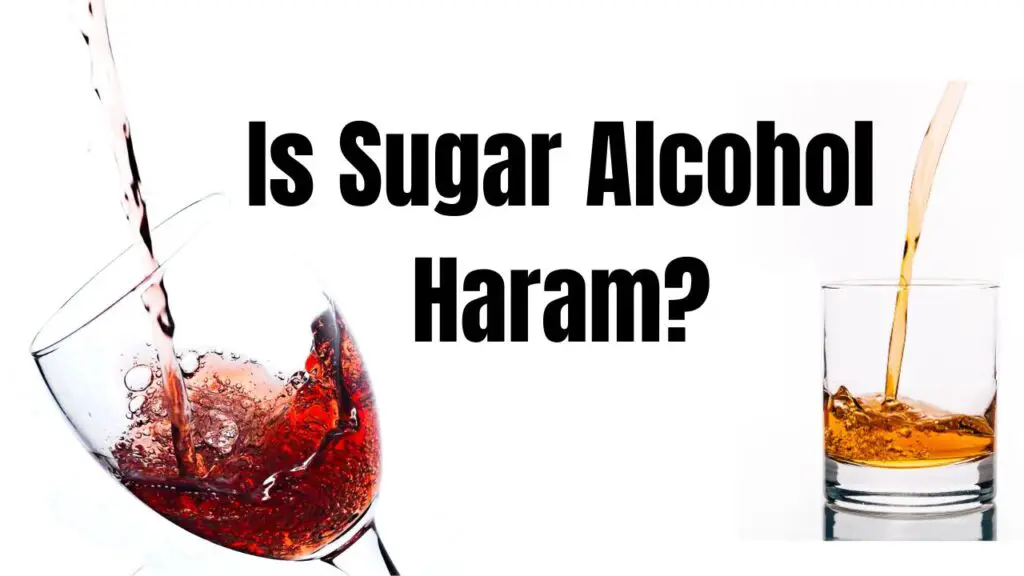
More
Introduction
In recent years, the topic of dietary restrictions and religious considerations has gained significant attention, with people from various faiths seeking to align their eating habits with their beliefs. For Muslims, adhering to halal dietary guidelines is an essential aspect of their daily lives. Among the various dietary components, sugar alcohol, a common ingredient in many processed foods, has sparked discussions within the Muslim community about its permissibility according to Islamic dietary laws. The question arises: Is sugar alcohol halal or haram?
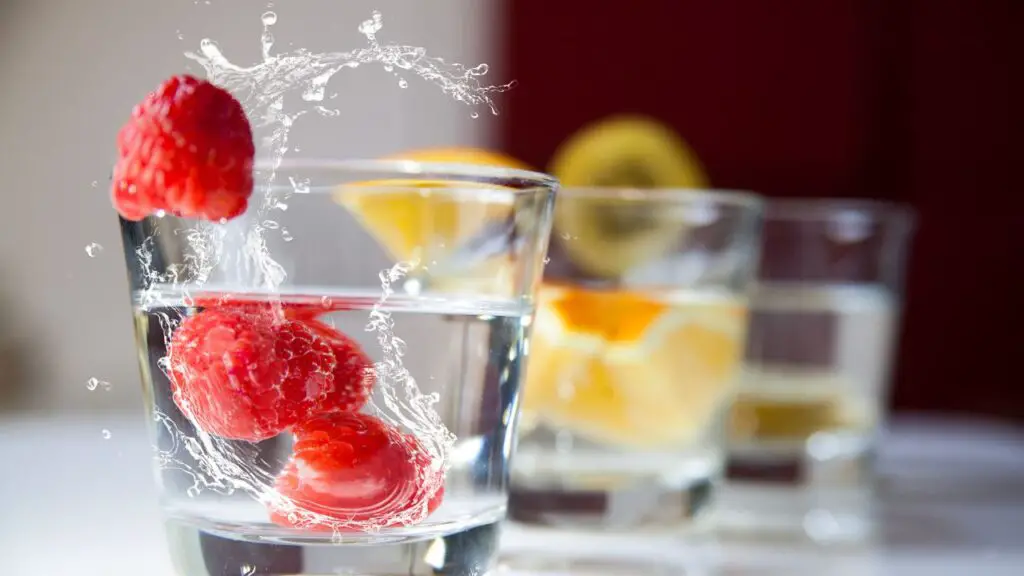
Sugar alcohols, also known as polyols, are a group of low-calorie sweeteners often used as alternatives to sugar in many food products. They are commonly found in sugar-free and reduced-sugar products like candies, chewing gum, baked goods, and even some beverages. Popular examples include sorbitol, xylitol, erythritol, and mannitol. These substances have gained traction in the food industry due to their ability to provide sweetness without causing the same spike in blood sugar levels as regular sugar.
To determine whether sugar alcohol is halal or haram, one must consider the core principles of Islamic dietary laws. In Islam, the concept of halal (permissible) and haram (forbidden) is based on the teachings of the Quran and the Hadith (sayings and actions of Prophet Muhammad). The main considerations revolve around the source of the ingredient and its potential effects on health.
Source of Sugar Alcohol
The permissibility of consuming sugar alcohol in Islam largely depends on its source. Sugar alcohols can be derived from various sources, including fruits, vegetables, and grains. When sugar alcohols are sourced from halal ingredients, such as fruits, they are generally considered permissible for consumption by Muslims. However, the situation becomes more complex when sugar alcohols are derived from non-halal sources.
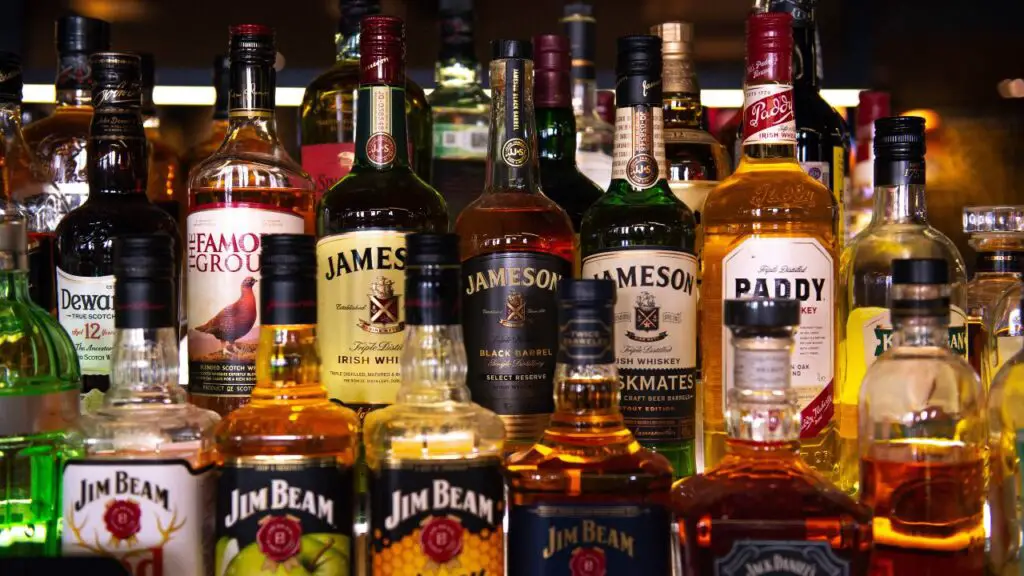
Some sugar alcohols can be synthesized from non-halal substances, such as starches obtained from non-zabiha animals or through a fermentation process that involves alcohol. This is where the controversy arises. The use of alcohol in the production of certain sugar alcohols has raised concerns among Muslims who strictly avoid any association with alcohol, as it is considered haram in Islam. As a result, Muslims who adhere to a conservative interpretation of Islamic dietary laws may consider sugar alcohols derived from alcohol-containing sources as haram.
Health Considerations
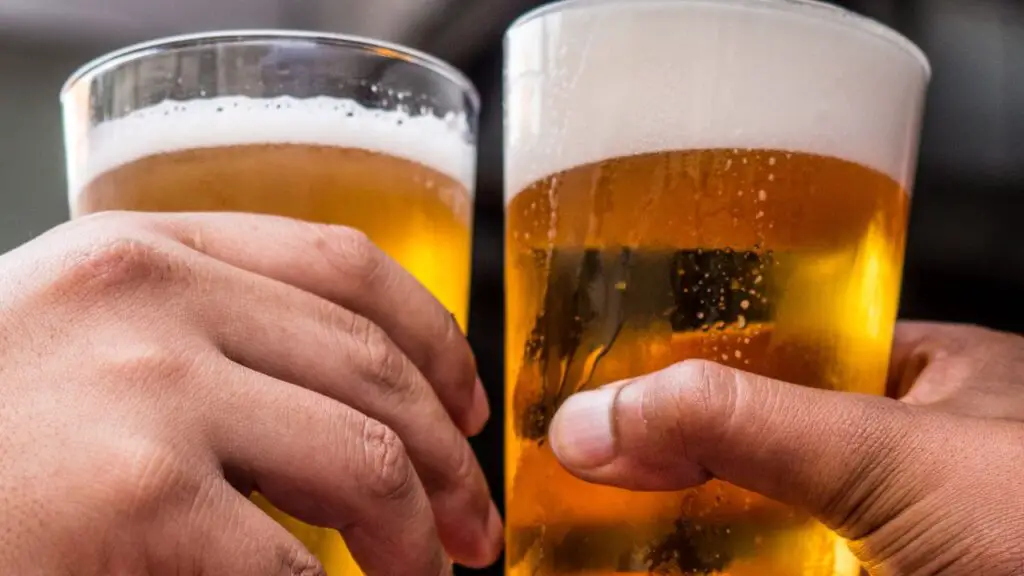
Another angle through which the permissibility of sugar alcohols is often explored is their potential impact on health. While sugar alcohols are generally recognized as safe by regulatory authorities like the U.S. Food and Drug Administration (FDA) and are considered suitable for diabetics due to their minimal impact on blood sugar levels, some scholars argue that the health risks associated with excessive consumption may warrant closer examination.
Certain sugar alcohols, when consumed in large quantities, can lead to digestive discomfort, including bloating, gas, and diarrhea. This raises questions about the broader principle of maintaining one’s health as mandated by Islamic teachings. While consuming small amounts of sugar alcohols might not pose significant health risks, overindulgence could potentially undermine this principle.
Scholarly Perspectives
The question of whether sugar alcohols are halal or haram does not have a straightforward answer and has led to diverse opinions among Islamic scholars. Some scholars argue that since the primary source of sugar alcohols is natural, such as fruits, and they do not possess intoxicating properties, they should be considered permissible. Others contend that the potential involvement of alcohol in the production process raises concerns and could render certain types of sugar alcohols haram.
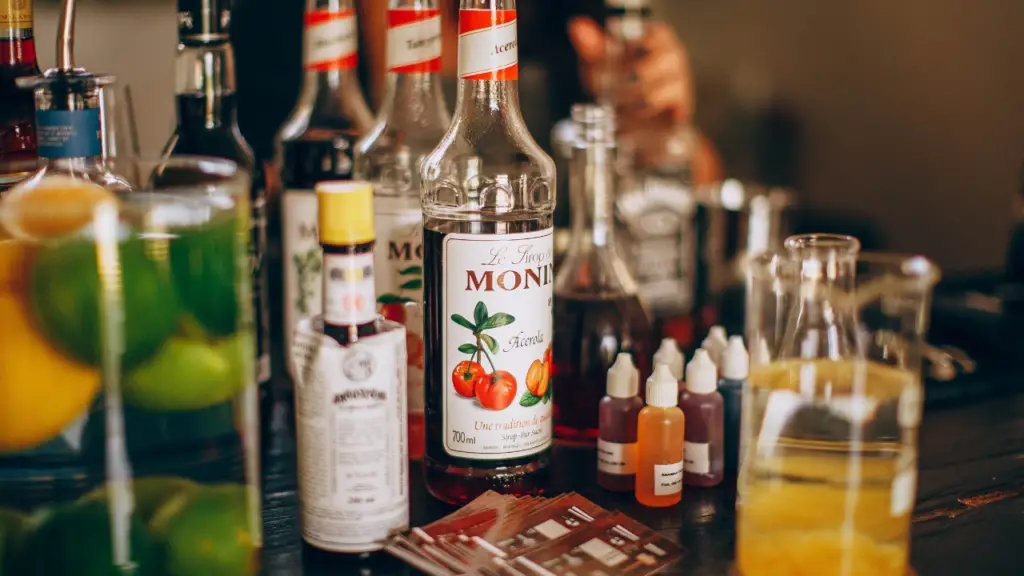
Given the complexity of the issue, Muslims who are concerned about the permissibility of sugar alcohols are advised to seek guidance from knowledgeable religious scholars who are well-versed in both Islamic dietary laws and modern food processing techniques.
Conclusion
The question of whether sugar alcohol is halal or haram is not a clear-cut matter and is subject to differing interpretations among Islamic scholars and individuals. While some Muslims might choose to avoid sugar alcohols altogether due to potential concerns about the source of the ingredient or health considerations, others may consider those derived from permissible sources as acceptable for consumption. As with many dietary matters, seeking guidance from qualified religious authorities can help individuals make informed decisions that align with their personal beliefs and values.

Faqs
What is sugar alcohol?
Sugar alcohol is a type of carbohydrate commonly used as a sweetener in various food and beverage products. It’s often used as a sugar substitute due to its lower calorie content and minimal impact on blood sugar levels.
Is sugar alcohol the same as regular sugar?
No, sugar alcohol is chemically different from regular sugar (sucrose). It’s a type of carbohydrate that is partially absorbed by the body, leading to fewer calories and a reduced impact on blood sugar levels.
Is Sugar Alcohol Haram?
The halal status depends on the source of the sugar alcohol and the production process. Sugar alcohols derived from halal sources and produced using halal methods are generally considered permissible.
What are some common types of sugar alcohols?
Common types of sugar alcohols include erythritol, xylitol, sorbitol, maltitol, and mannitol. These are often used as sweeteners in sugar-free and reduced-sugar products.
How can I determine if a sugar alcohol is halal?
To determine if a specific sugar alcohol is halal, you should research the source of the sugar alcohol and the production process used to obtain it. Look for certifications from halal certification authorities, if available.
Are there any specific halal certifications for sugar alcohols?
Some halal certification organizations provide certifications for food additives, including sugar alcohols. Look for reputable halal certification logos or labels on the product packaging.
Can sugar alcohols contain non-halal ingredients?
It’s possible that sugar alcohols could contain non-halal ingredients, additives, or processing aids. Always read ingredient labels carefully to ensure there are no non-halal components.
Are there any concerns about cross-contamination?
Cross-contamination can be a concern, especially if sugar alcohols are produced in facilities that also handle non-halal ingredients. If you have strict dietary requirements, you may want to contact the manufacturer to inquire about their production processes and potential cross-contamination risks.
Should I consult with a religious authority about sugar alcohols?
If you’re uncertain about the halal status of a specific sugar alcohol or if you have specific dietary concerns, it’s a good idea to consult with a knowledgeable religious authority or scholar who can provide guidance based on Islamic dietary laws.





